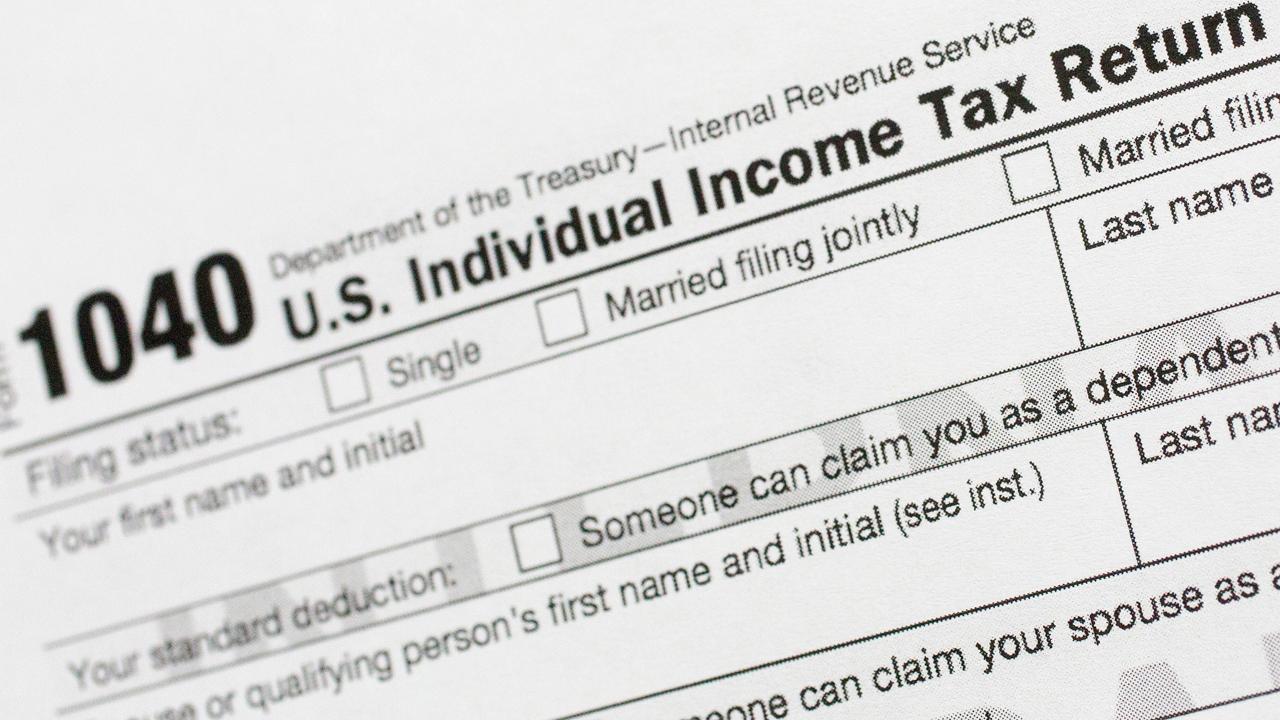Tax filing deadline: What to do if you can’t pay your bill
IRS offers some options for repayment to qualifying taxpayers
If the extra three months did not improve your ability to make your tax payments this year, there are some available options that would allow you to make a plan to repay the IRS.
In March, the Trump administration made the decision to delay the filing deadline until July 15 for the first time in history.
Initially, the administration delayed the deadline for some people and businesses with tax obligations before it was expanded to include individual filers.
JULY 15 TAX FILING DEADLINE: A LOOK AT IRS PENALTIES
But if you still can't make your payment, one of the things you need to figure out is whether you can feasibly postpone it, according to Arnold van Dyk, TaxAudit's director of tax services. Failing to meet the deadline, however, will result in the accrual of interest and penalties.
As a reminder, if you fail to pay your taxes by July 15, the penalty is 0.5 percent of the taxes not paid.
The penalty is weighed each month after the due date until the bill is paid or the levy reaches 25 percent of unpaid taxes.
And even if you cannot pay, experts recommend filing your return by the deadline. If you don’t file your return, the penalty is 5 percent of the unpaid taxes for each month that a return is late. The penalty begins accruing the day after returns are due – up to a maximum of 25 percent of your unpaid taxes.
During a month where both penalties apply, the maximum penalty you’ll pay for both in any given month is 5 percent.
JULY 15 TAX FILING DEADLINE: EVERYTHING YOU NEED TO KNOW
Before entering into any type of agreement with the IRS regarding payments, van Dyk advises speaking with a professional in order to ensure which plan – if any – is most suitable to your specific situation.
One option is an installment agreement, whereby you reach an arrangement with the agency to pay back your taxes over a period of time. Van Dyk noted that the agency tends to be pretty receptive to plans from individuals who owe less than $50,000 and plan to pay it in less than six years.
GET FOX BUSINESS ON THE GO BY CLICKING HERE
You may also qualify for Currently Not Collectible status, which is a situation where you acknowledge you owe taxes but cannot afford to pay them along with your monthly living expenses. If your account has been given Currently Not Collectible status, the IRS won’t try to collect from you. However, interest and penalties may accrue and the agency may garnish refunds to put toward your debt.
Lastly, people who cannot pay their tax bill may be able to reach an offer in compromise, allowing them to settle their debt for less than what is owed. This option is generally approved by the IRS when it views the amount offered as the most it can expect to collect within a reasonable period of time.
As previously reported by FOX Business, some experts believe the IRS may offer more penalty relief options to taxpayers given the coronavirus pandemic and how it has affected people’s financial situations this year. However, they caution against counting on that possibility when deciding how to meet your obligations.




















